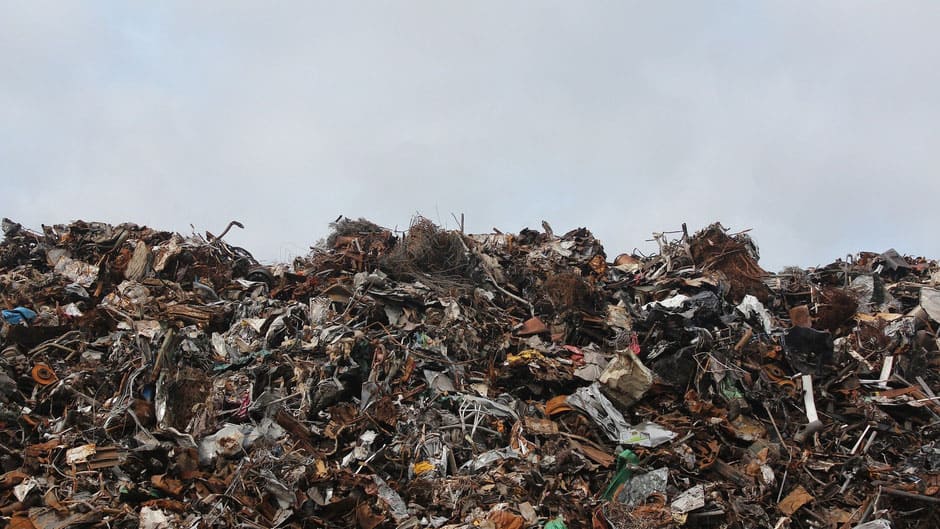A commentary by Mila Harmelink, Minerva Valier and Rika Mitsuhashi (YGCs, 2019)
Turning waste into value is a challenge many industries and corporations face in their attempts to be more sustainable. A circular economy goes one step further and aims to increase efficiency of primary resource consumption by maximizing the life cycle of (raw) materials, redefining growth and thereby decoupling economic activity from the consumption of finite resources.
As such, a circular economy requires innovation and a rejection of linear models, in addition to the recycling and reuse of products.
Contributions from a wide range of stakeholders are necessary to accelerate the production and consumption of goods from waste.
First, policy frameworks that support a circular economy must be put in place. This includes incentives for consumers and producers in order to make the transition more attractive.
Secondly, identifying and investing in sustainable innovation is key to enabling firms to scale-up their production. Furthermore, developing tools that create transparency in the value chain will also contribute to an increase in trust of the concept, which increases the probability of a successful implementation.
Thirdly, educating companies about the long-term benefits associated with embracing a circular economy is crucial.
Benefits included cost savings, new revenue generation, heightened engagement with customers, new relations with value chain partners, job improvement, decreased reliance on raw materials, avoidance of environment damage caused by the extraction of resources and less pollution. Moreover, companies need to be educated on how to improve industrial processes and product design to prevent the risk of failing.
This changes the role of a company from an enterprise existing to only make a profit to an enterprise that contributes to the environment health and society.
There are already various initiatives centered on implementing policy recommendations mentioned during the Global Solution Summit and in the Global Solutions Journal, including the policy brief by Kazuo Matsushita, a senior fellow at the Institute of Global Environmental Strategies.
However, to achieve the international target established in the Paris agreement of 40 percent CO2 reduction by 2030, specific policy recommendations for resource efficiency and circular economy are needed to make it more attractive for households and organization to turn waste into wealth or new resources.

Hopefully, the topic of Circular Economy and Waste Management will receive a more prominent place in next year’s Global Solution Summit and the G20 agenda to accelerate progress on this crucial topic.
In the meantime, we, the Young Global Changers, will go home after the summit and take with us valuable insights. We will continue to do our utmost best to make an impact on society from within the organizations we operate.
Examples of global solutions adapted on a local scale
Biovatec is a Mexican biotechnology startup committed to contributing to the development of sustainable and eco-efficient solutions to solve global and industrial problems. Minerva Valier, one of this year’s selected Young Global Changers, co-founded Biovatec with colleagues. They came up with the idea of reusing fruit waste to produce biodegradable products by using a circular production of goods as an alternative to single use synthetic plastics.
Sustainability Asia, co-founded by Young Global Changer Rika Mitsuhashi, is another social enterprise. They use the peel of a coffee cherry, which normally is thrown away to make products such as tea, soda and powder. No additional coffee fruit is lost in this process, but instead used to create another product. In addition, Sustainability Asia makes an impact by addressing poverty, hunger, and environmental degradation through livelihood programs, capacity building, and development of innovative products at small-scale coffee farms in the Philippines.
Repurpose, co-founded by Young Global Changer Peter Wang Hjemdahl, measures the plastic footprint of households and organizations, helping contribute to a conscious way of living. The aim of the company is to pay directly for the externalities through the plastic footprint calculator. The plastic used by households and organizations is recycled and provides conscious living tips to households and organizations based on the data collected via the calculator.
The views and opinions expressed in this article are those of the authors and do not necessarily reflect the views of the Global Solutions Initiative.
